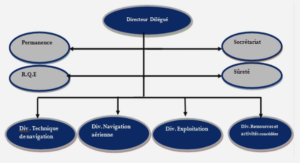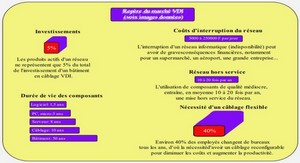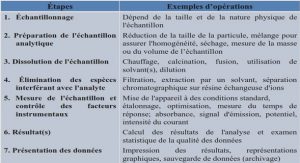EXPRESSION ECRITE ET ORALE: TRADUCTION
PONCTUATION – TYPOGRAPHIE
Ponctuation du dialogue
“I’m retiring, Scobie,” the Commissioner said, “after this tour.”
“I know.”
“I suppose everyone knows.” (G. Greene) — Je prends ma retraite après cette tournée, Scobie, dit le Directeur.
— Je le sais.
— Je suppose que tout le monde le sait.
‘This has been a wonderful day!’ said he as the Rat shoved off and took to the skulls again. ‘Do you know, I’ve never been in a boat before in all my life.’
‘What?’ cried the Rat, open-mouthed. ‘Never been in a — you never — well, I — what have you been doing then?
‘Is it so nice as all that?’ asked the Mole shyly, though he was quite prepared to believe it as […]
(Kenneth Grahame, The Wind in the Willows, 1908) «Quelle merveilleuse journée, dit-il, tandis que Rat s’écartait de la rive et prenait ses avirons. Vous savez, c’est la première fois que je vais en bateau.
— Quoi ? s’écria Rat, bouche bée. Jamais été… vous n’avez jamais… mais alors… qu’est-ce que vous avez fait jusqu’ici ?
— C’est si agréable que cela ?» demanda timidement Taupe, tout disposé à le croire […]
(Traduction de J. Parsons)
La virgule
1) I wasn’t alone. My two cousins, Helen and Joan, came with me.
2) I wasn’t alone. My two cousins, Helen and Joan came with me.
3) She was surprisingly excited by the news
4) She was, surprisingly, excited by the news
5) I’ll convince those who are afraid to go.
6) I’ll convince those who are afraid, to go.
7) The story he told us was a pack of lies
8) The story, he told us, was a pack of lies.
9) My aunt, who was at the theatre, is a painter.
10) My aunt who was at the theatre is a painter.
INSISTANCE
1. This isn’t what I meant at all.
2. He could not possibly have done it.
3. I did feel that something was wrong.
4. He is very intelligent.
5. I know who phoned!
6. I know!
7. It’s very interesting.
8. She is not such a very young girl.
9. I like the book, but I hated the film.
10. These people get on my nerves.
11. We were told it was really a Hogarth print.
12. ‘No, of course not.’ I felt chastened. I also felt exhilarated. My letters. My letters. Winterton was planning to let me publish them, wasn’t he?
13. ‘I see you’re in the habit of eating a heavy luncheon. I’m sure it’s a mistake. Why don’t you follow my example and just eat one thing? I’m sure you’d feel ever so much better for it.’ ‘I am only going to eat one thing,’ I said, as the waiter came again with the bill of fare…
14. ‘I do thank you for stopping and not running poor Nellie [a hen] over’
15. ‘But I do wish you wouldn’t whisper, Constantia.’
16. “Oh, Sir Hugo,” she mumbled, “I do beg your pardon. I must have dropped off!”
17. ‘Look here, Stevens, have there been any — well — signs at all?
18. ‘What happens within this house after may have considerable repercussions.’
‘Yes, Sir.’
‘I mean considerable repercussions.”
19. ‘Grace! — don’t you feel there’s — something unspoken between us?’
20. ‘Be STILL! Someone can hear you!’
21. “No, it’s true, Sir Hugo,” he said, in very soft, very silky tones — and then he reached out a hand, and put it on my shoulder!





